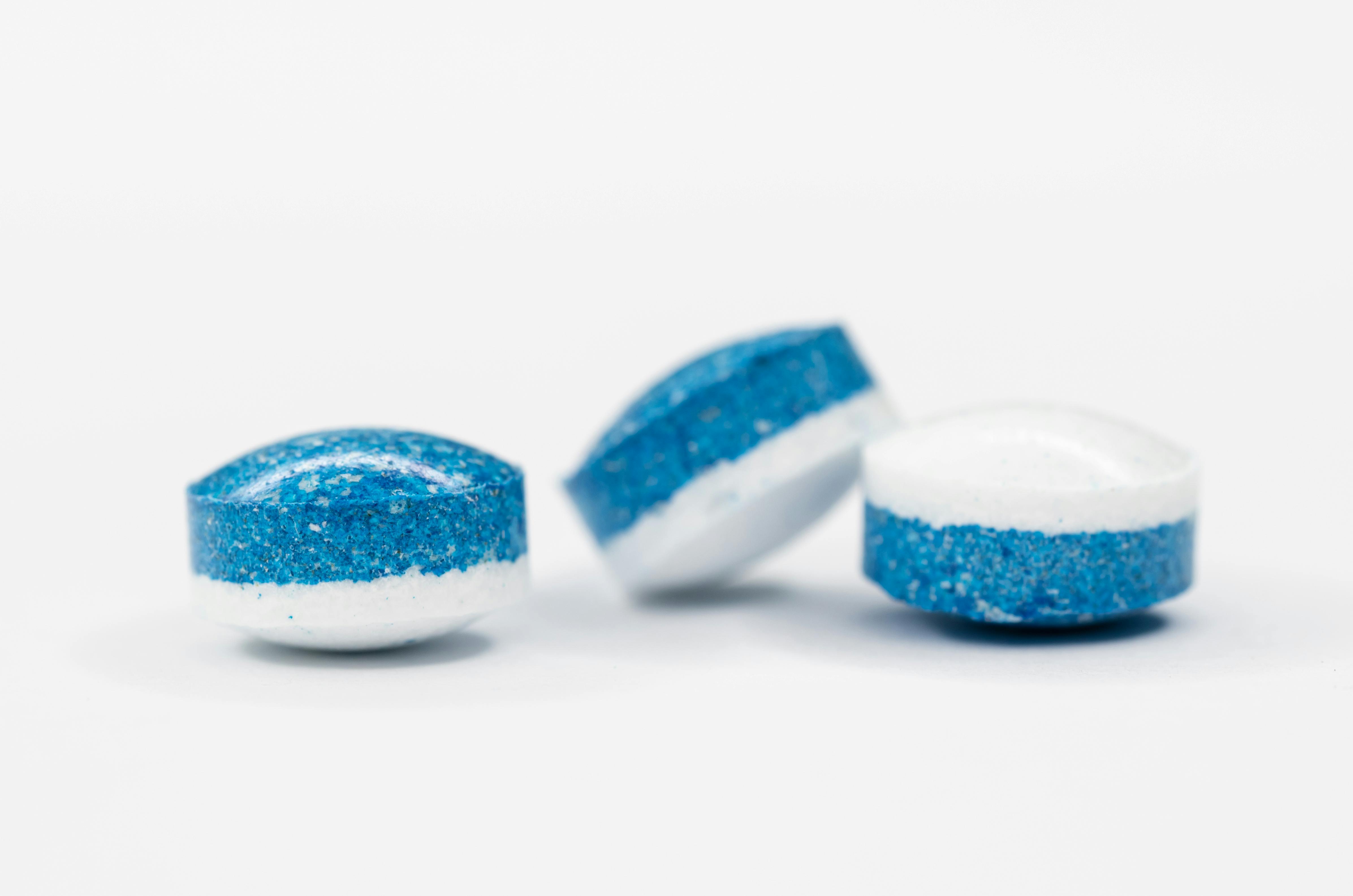FDA Rejects MDMA Approval for Psychedelic Therapy in Mental Health and PTSD
Aug 10, 2024 in News,

FDA Decision on MDMA Therapy
What It Means for Mental Health Treatment
In a recent development that has stirred both anticipation and disappointment in the medical community, the FDA has decided not to approve MDMA as a treatment for mental health conditions, including PTSD. This decision marks a significant moment in the evolving landscape of psychedelic-based therapies, raising questions about the future of MDMA-assisted treatment.
The Promise of MDMA
MDMA, commonly known for its recreational use as ecstasy, has been at the forefront of discussions about psychedelic-assisted therapy. Clinical trials have shown promising results, suggesting that MDMA can play a crucial role in alleviating symptoms of PTSD and other mental health disorders. These studies have reported that patients undergoing MDMA-assisted therapy experienced substantial improvements in their symptoms, with some even reporting long-term relief after just a few sessions.
The FDA's Stance
Despite the promising data, the FDA's recent decision to reject MDMA for use in therapeutic settings reflects a cautious approach to the approval of psychedelic substances. The agency's decision underscores the necessity for a rigorous review process to ensure the safety and efficacy of new treatments. Concerns likely revolve around the need for more comprehensive data on long-term effects, potential risks, and the overall therapeutic context.
The FDA's decision does not entirely close the door on MDMA therapy. Rather, it emphasizes the need for additional research and data to address the agency’s concerns. This approach is consistent with the FDA's historical emphasis on safeguarding public health while ensuring that new treatments meet high standards of evidence.
Impact on Mental Health Treatment
The rejection of MDMA as a treatment option has implications for both patients and researchers. For those suffering from PTSD and other mental health conditions, this decision may delay access to a potentially transformative therapy. However, it also highlights the importance of continued research and development in the field of psychedelic medicine.
The broader context of psychedelic therapy remains dynamic. Other substances, such as psilocybin and ketamine, are also under investigation and have shown potential in clinical settings. These alternatives may offer new avenues for treatment while the research community continues to address the FDA’s concerns about MDMA.
The Road Ahead
For proponents of MDMA-assisted therapy, this decision is a call to action. Researchers and advocates are likely to intensify efforts to generate more comprehensive data and address the FDA’s concerns. The goal is to demonstrate that MDMA can be used safely and effectively in a controlled therapeutic environment.
As the field of psychedelic medicine continues to evolve, the FDA’s decision underscores the need for a balanced approach to innovation and safety. While the approval process can be challenging, it ultimately serves to protect patients and ensure that new treatments offer genuine benefits.
In summary, the FDA’s rejection of MDMA as a psychedelic-based treatment for mental health conditions highlights both the promise and the challenges of integrating psychedelics into mainstream medicine. As research advances and more data becomes available, the future of MDMA and other psychedelic therapies remains a topic of significant interest and ongoing investigation.
